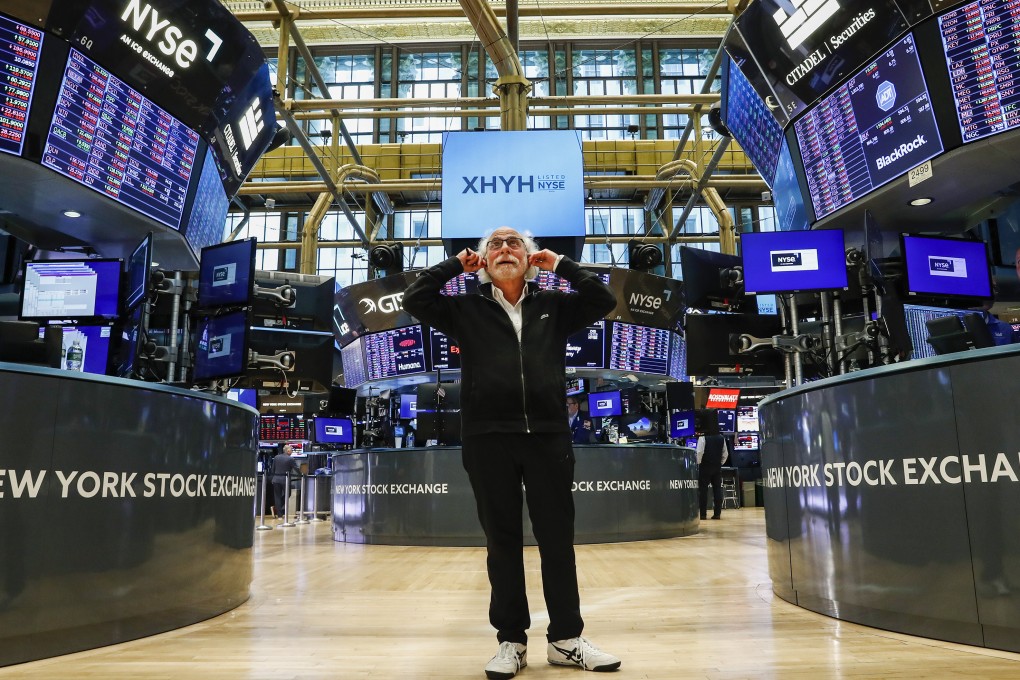Macroscope | Why stock markets must stop acting like casinos, especially in Asia
- With big wins for a few and not much for the rest, stock markets are attracting massive funds from the economy but meeting none of its real needs
- These range from SME support and supply chain repair, to climate mitigation and infrastructure building

Stock markets – as John Meynard Keynes, Warren Buffett and others have remarked – are like casinos. It is often a winner-takes-all game where a few become rich and powerful while others do not even get a seat at the table.
Two recent events highlight the anomalies of this situation. One was a panel discussion that I moderated recently on the state of small enterprises in Asia. And the other was the publication of the “Corporate Finance in Asia and the Covid-19 Crisis” report by the Organisation for Economic Cooperation and Development (OECD).
Start-ups, as economic commentator and university professor Richard Katz said, are associated with “geeky” young entrepreneurs in Silicon Valley dreaming up new artificial intelligence or cryptocurrency innovations to be financed by venture capital companies.
